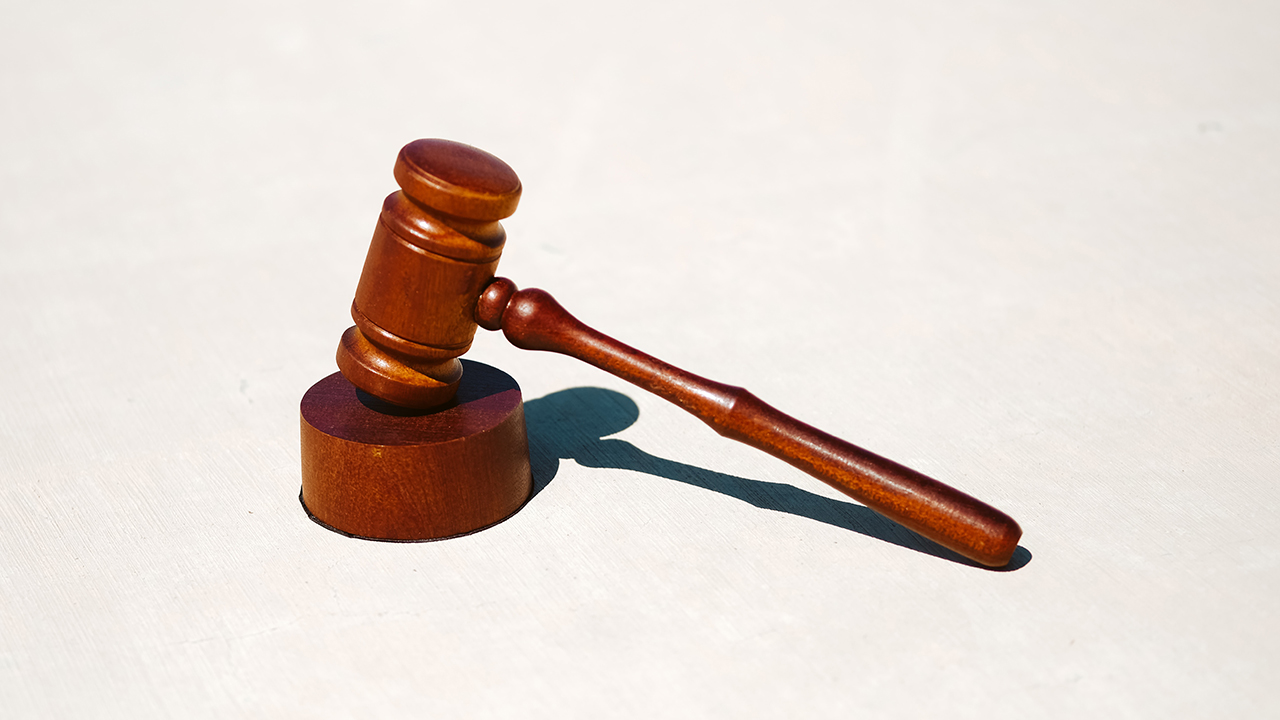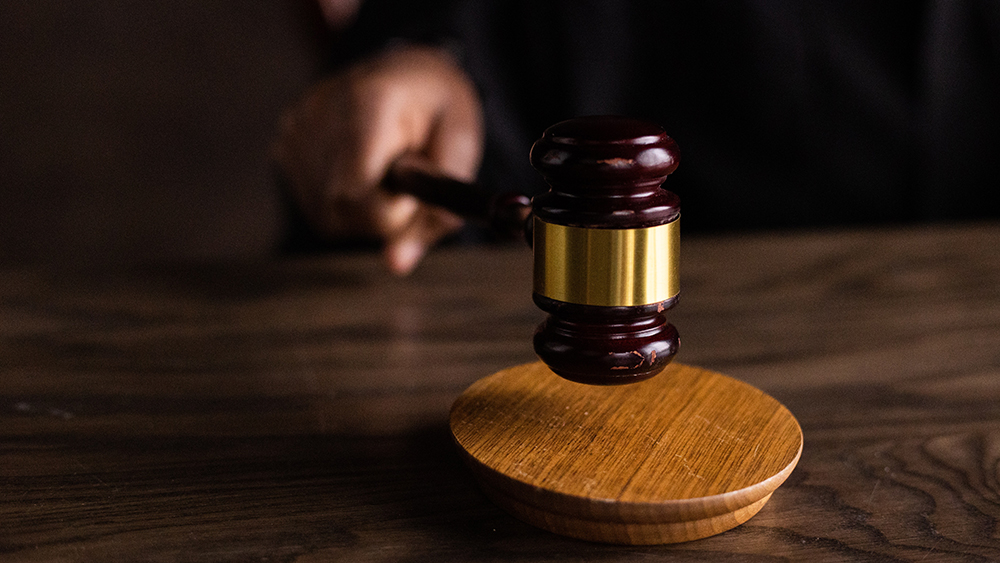
Introduction
Litigation is a formal legal process designed to settle disputes between parties through the judicial system. In this process, opposing parties present their cases before a court, with a judge or jury rendering a final verdict. As the formal legal process for resolving disputes through the judicial system, it is a cornerstone of modern society’s legal framework. In this article, we embark on an in-depth exploration of litigation, encompassing its fundamental definition, diverse types, nuanced advantages and disadvantages, the pivotal role of litigation lawyers, and the essential process of discerning and securing the most suitable legal representation.
Types of Litigation
1. Civil Litigation
Civil litigation is a broad category that covers disputes between individuals, businesses, or entities. Common issues include contractual breaches, personal injury claims, property disputes, and more. For instance, if a person sues a construction company for faulty workmanship that caused damage to their property, it falls under civil litigation.
Civil litigation can encompass a wide range of disputes, and each case is unique. Examples of civil litigation matters include contract disputes, personal injury claims, property disputes, and disputes over wills and estates.
2. Criminal Litigation
Criminal litigation pertains to prosecuting individuals accused of committing criminal offenses, with the aim of securing convictions and imposing penalties. In criminal litigation, the government, represented by prosecutors, charges individuals with crimes, and a trial ensues to determine guilt or innocence.
Criminal litigation is a distinct branch of law that deals with cases involving alleged violations of criminal statutes. These cases typically involve the government, represented by a prosecutor, accusing an individual (the defendant) of committing a crime.
3. Family Litigation
This branch focuses on family-related disputes, such as divorce, child custody battles, and adoption proceedings. Family litigation aims to resolve complex issues related to familial relationships and responsibilities.
Family litigation encompasses a wide range of legal disputes that arise within families or between family members. These disputes can be emotionally charged and have significant implications for all parties involved.
One common area of family litigation is divorce. When a marriage breaks down irretrievably, spouses may file for divorce, initiating a legal process to dissolve the marriage and address issues like property division, alimony, child custody, and child support.
Child custody battles are another prevalent type of family litigation. When parents separate or divorce, they may dispute custody arrangements for their children. Courts consider various factors, including the child’s best interests, when making custody decisions. Family litigation attorneys specializing in child custody matters help parents navigate these complex issues.
Adoption proceedings also fall under family litigation. These cases involve legal steps to establish a legal parent-child relationship between an adoptive parent or parents and a child. Adoption attorneys assist prospective adoptive parents with the necessary legal procedures and ensure compliance with adoption laws and regulations.
4. Commercial Litigation
Businesses often engage in commercial litigation, which includes disputes over contracts, intellectual property rights, regulatory compliance, and more. For example, if two companies have a contractual dispute over the terms of a partnership agreement, commercial litigation may be initiated.
Commercial litigation encompasses legal disputes that arise in the business context. These disputes can involve a wide range of issues, and businesses of all sizes may find themselves embroiled in litigation at some point.
One common type of commercial litigation is contract disputes. Businesses enter into contracts for various purposes, including the sale of goods, the provision of services, and partnership agreements. When one party fails to fulfill its contractual obligations or breaches the terms of the contract, a contract dispute may arise.
Intellectual property disputes are another significant area of commercial litigation. Intellectual property includes patents, trademarks, copyrights, and trade secrets. Businesses often rely on intellectual property rights to protect their innovations and brand identity. Disputes can arise when one party alleges infringement of intellectual property rights or when parties dispute ownership or licensing agreements.
Regulatory compliance is a crucial aspect of commercial litigation. Businesses must adhere to various local, state, and federal regulations. Failure to comply with these regulations can lead to legal challenges, fines, and penalties. Commercial litigation may involve issues related to environmental regulations, consumer protection laws, antitrust laws, and more.
5. Employment Litigation
Employment-related conflicts are addressed through employment litigation, covering issues like workplace discrimination, wrongful termination, wage disputes, and labor law violations. In employment litigation, employees or former employees often take legal action against their employers for perceived injustices in the workplace.
Employment litigation involves legal disputes between employers and employees or former employees. These disputes can encompass a wide range of issues related to the employment relationship, workplace conditions, and labor laws.
One common area of employment litigation is wrongful termination. When an employee believes they were unlawfully terminated from their job, they may file a lawsuit against their former employer. Wrongful termination can occur when an employee is fired for reasons that violate labor laws, employment contracts, or public policy.
Wage and hour disputes also fall under employment litigation. These disputes can arise when employees believe they were not paid the wages or overtime they are legally entitled to receive. Employment litigation may involve claims related to minimum wage violations, unpaid overtime, and meal and rest break violations.

Typical Stages of Litigation
The stages of litigation generally follow a similar process in various countries, although specific procedures and timelines may vary. Here is an overview of the typical stages of litigation in a general sense:
1. Pre-Litigation Stage
Before a lawsuit is formally filed, parties involved may engage in preliminary actions to resolve the dispute without going to court. This phase often includes negotiation, communication between attorneys, and attempts at settlement. It is crucial to explore alternative dispute resolution methods, such as mediation or arbitration, during this stage.
2. Pleadings Stage
The formal litigation process begins with the filing of pleadings. The plaintiff (the party initiating the lawsuit) files a complaint outlining the facts, legal claims, and the relief sought. The defendant (the party being sued) responds with an answer, admitting or denying the allegations and presenting any counterclaims or defenses.
3. Discovery Stage
Discovery is a crucial phase during which both parties gather evidence to support their claims or defenses. This stage involves various tools such as depositions (sworn testimony), interrogatories (written questions), requests for documents, and requests for admissions. Discovery can be time-consuming, but it aims to ensure transparency and a fair exchange of information.
4. Pre-Trial Motions
Before the trial, either party may file motions seeking to resolve specific legal issues or matters in dispute. Common pre-trial motions include motions to dismiss, motions for summary judgment, and motions in limine (to limit or exclude certain evidence).
5. Trial Stage
If the dispute cannot be resolved through settlement or pre-trial motions, it proceeds to trial. During the trial, both parties present their cases before a judge or a jury. This involves presenting evidence, examining witnesses, and making legal arguments. The judge or jury then renders a verdict based on the evidence and legal arguments presented.
6. Post-Trial Stage
Following the trial, there are several post-trial actions. If a party is dissatisfied with the verdict, they may file an appeal, initiating the appellate process. The court may also enter a judgment in favor of one party, which can include monetary damages or specific remedies.
7. Enforcement of Judgment
Once a judgment is obtained, the prevailing party may need to take steps to enforce it. This often involves actions such as garnishing wages, seizing assets, or placing liens on property. Enforcement procedures can vary significantly by jurisdiction.
8. Settlement and Alternative Dispute Resolution
Throughout the litigation process, parties have the opportunity to settle the case at any stage. Settlement negotiations can take place before filing a lawsuit, during discovery, or even during trial. Alternative dispute resolution methods, such as mediation or arbitration, may also be explored as alternatives to a trial.
It’s important to note that while these stages provide a general framework for litigation, the specific procedures, rules, and timelines can vary significantly from one country to another and even between different jurisdictions within the same country. Legal systems, statutes, and court rules influence the nuances of the litigation process. Therefore, it is essential to consult with an attorney well-versed in the relevant jurisdiction’s laws and procedures when navigating a specific litigation case.

Advantages and Disadvantages of Litigation
Advantages
- Formal Resolution: Litigation provides a structured and recognized framework for resolving disputes. It ensures that parties follow established legal procedures and adhere to rules, which can lead to fairer outcomes.
- Binding Decisions: Court judgments are legally binding and enforceable, offering a clear resolution to the dispute. Parties are obligated to comply with the court’s decision, reducing the potential for ongoing conflict.
- Legal Protection: Litigation ensures individuals and entities have access to the legal system to protect their rights and interests. It serves as a means of seeking justice and compensation for harm suffered.
Disadvantages
- Costly: Litigation can be financially burdensome due to legal fees, court costs, and potential damages awarded. Parties may need to hire attorneys, pay court filing fees, and cover other expenses, which can escalate quickly.
- Time-Consuming: Legal proceedings can extend over months or even years, causing stress and uncertainty for the parties involved. The protracted nature of litigation can impact personal and professional lives.
- Uncertain Outcome: There is no guarantee of a favorable outcome in litigation, as judgments depend on the presentation of evidence and legal arguments. Outcomes can be influenced by the skill of attorneys, the strength of evidence, and the interpretation of laws.
What Is a Litigation Lawyer?
A litigation lawyer, also referred to as a trial attorney or litigator, is a legal professional specializing in representing clients in court. Their primary role is to advocate for their clients, prepare legal arguments, collect and present evidence effectively, and navigate the complexities of the courtroom. Litigation lawyers are also skilled negotiators, often engaging in settlement discussions to resolve disputes without going to trial.
Advocacy: Litigation lawyers serve as staunch advocates for their clients, presenting their cases persuasively in court. They craft legal strategies, argue points of law, and cross-examine witnesses to advance their clients’ interests.
Evidence Gathering: Litigation lawyers are adept at gathering and presenting evidence. This involves conducting investigations, interviewing witnesses, and ensuring that all relevant information is properly introduced in court.
Courtroom Skills: Litigation lawyers have honed their skills in the courtroom, from making compelling opening statements to presenting closing arguments. They understand courtroom etiquette and procedures, ensuring that their clients’ cases are heard effectively.
Settlement Negotiation: While litigation lawyers excel in court, they are also skilled negotiators. They often explore opportunities for settlement, aiming to resolve disputes outside of the courtroom when it is in the best interest of their clients.
How to Find a Suitable Litigation Lawyer
Selecting the right litigation lawyer is pivotal for the success of your case. Here is a detailed approach:
Research: Begin by conducting thorough research to identify lawyers with expertise in the specific area of litigation you require assistance with. This can involve online research, reviewing legal directories, and seeking recommendations from trusted sources.
Referrals: Seek recommendations from friends, family members, colleagues, or other professionals who have had positive experiences with litigation lawyers. Personal referrals can provide valuable insights into a lawyer’s reputation and capabilities.
Online Directories: Utilize online legal directories, which offer extensive information about lawyers in your geographical area. These directories often include lawyer profiles, practice areas, client reviews, and contact information.
Consultations: Schedule initial consultations with potential lawyers to discuss your case, their fees, their approach, and any relevant experience. These consultations allow you to evaluate the lawyer’s compatibility with your needs and goals.

FAQs
How long does litigation typically take?
The duration of litigation varies widely depending on the complexity of the case, court schedules, and other factors. Some cases can be resolved relatively quickly, while others may take several years to conclude. Simple cases may be resolved in a matter of months, while complex, high-stakes litigation can extend for years.
Can I represent myself in litigation?
Yes, individuals have the right to represent themselves in court, known as “pro se” representation. However, it is advisable to consult with a lawyer, as litigation can be legally intricate and challenging for those without legal expertise. Lawyers have the knowledge and experience to navigate complex legal procedures and effectively advocate for their clients.
What are alternative dispute resolution methods, and how do they differ from litigation?
Alternative dispute resolution (ADR) methods, such as mediation and arbitration, offer non-litigious approaches to dispute resolution. Unlike litigation, ADR focuses on reaching a mutually agreeable settlement outside of the courtroom, often resulting in quicker and less expensive resolutions. In mediation, a neutral third party facilitates negotiations between the parties, while arbitration involves a neutral arbitrator who makes a binding decision after hearing arguments and evidence.
Are there government-funded programs to assist with legal costs in litigation?
Some jurisdictions offer legal aid programs designed to assist individuals with limited financial means. These programs may provide partial or full financial assistance with legal costs for eligible individuals involved in litigation. Eligibility criteria vary by location and may consider factors such as income and the nature of the legal issue.
What is the role of a judge in litigation?
In litigation, a judge presides over the proceedings, ensuring that the legal process is followed, making rulings on procedural matters, and ultimately rendering a judgment based on the law and evidence presented in court. Judges maintain order in the courtroom, ensure that both parties have a fair opportunity to present their cases, and apply the law to determine the outcome of the dispute. Their decisions are legally binding and form the basis of the court’s judgment.
Conclusion
In conclusion, litigation is an essential component of the legal system, providing a structured avenue for resolving disputes. However, it comes with its own set of complexities, making the selection of a skilled litigation lawyer crucial. To embark on this journey successfully, diligent research and consultations are imperative. Should you require legal assistance, consider reaching out to Expert Planet, a trusted resource for legal guidance and support.

